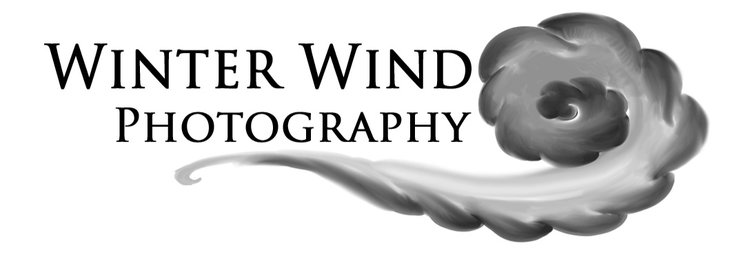We humans are of this earth, but we often hold ourselves apart from her in a variety of ways. We have shaped this planet in ways few other species ever have, and in a remarkably short period of time, with ruinous consequences for every other living thing that shares the land and most of the ones that share the seas with us.
But it isn’t simple to turn aside from the ways we’ve come to live our lives. There’s a popular idea in pagan circles that if everyone just “went back to nature” or to the way things were “before” then everything would be fine, but reality is sadly much more complex than that. For one thing, the human population can’t sustain itself without the industrialized systems that we rely on today, and abandoning those systems would therefore mean the inevitable death of billions of us.
There is an argument, one that I understand, which says that death toll is only our species just-desserts for what we’ve done to this planet. But there are a few problems with that, foremost among them that the people who would suffer the lion’s share of the misery and death aren’t the ones who’ve grown happy and wealthy by exploiting far more than their own share of the world’s natural resources.
My day job, working as a journalist covering green transportation and electric vehicles, can be a microcosm of these sorts of conversations and issues. Western society’s relationship to cars, especially in the United States, is deeply problematic. Simply replacing fossil fuel vehicles with zero emissions ones isn’t enough if we want to decarbonize and reverse the effects of anthropogenic climate change. But we also aren’t in a place where we can just remake how our communities are built and our goods transported with the wave of a hand, so moving to zero emissions vehicles is a big piece of the puzzle.
Brief digression - due to the absolutely terrible efficiency of internal combustion engine design, from thermal waste, to driveline efficiency losses, to the fact that an internal combustion engine has a relatively narrow efficiency band but has to work across a wide range of load demands, even if an electric car was to draw one hundred percent of its electricity from coal fired power plants, the dirties energy source in widespread use, it would still produce less greenhouse gas emissions than a modern, efficient, catalyzed internal combustion car.
This photo has me thinking of these challenges and contradictions. I took this at the Bonneville Dam, which spans the Columbia River Gorge between Oregon and Washington. The dam produces over forty-four hundred gigawatt hours of electricity annually, which is at once a massive amount of power, and only one tenth of one percent of the annual electricity used by the United States per year. It does that all without contributing to global climate change, which is awesome.
But at the same time, dams are still environmental nightmares. They radically reshape the landscape, and severely impede the movement of fish and other wildlife. In the foreground here you can see a fish ladder, which is currently inactive due to the season. Salmon need to go upstream to spawn or they won’t reproduce. The presence of the dam makes that impossible without the fish ladder, which allows salmon to “climb” up the water level differential between the river downstream and upstream of the dam, and bypass the obstruction that is the dam itself.
As solutions go, it’s imperfect at best. The dam still has a seriously detrimental impact on wildlife and the environment. But for the salmon who use the ladder, and their offspring, it makes a world of difference.
Personally, I like the dam, with its emissions-free electricity, and I kinda adore the fish ladder, with its message of “we’re imperfect, we’re trying, and while we can’t solve this problem, we can at least do our part to try and lessen our impact.” It’s a very human sentiment, as is the fact I’m sure people would be eager to point out, that a big part of why we bother is that we eat said salmon, and want to avoid population collapse.
Life is an ongoing process of trying to not let “perfect” be the enemy of “good,” and while I hope someday the dams can all be dismantled, they and their clean energy beat the heck out of some of the alternatives. And if we can help some salmon along the way, all the better.
